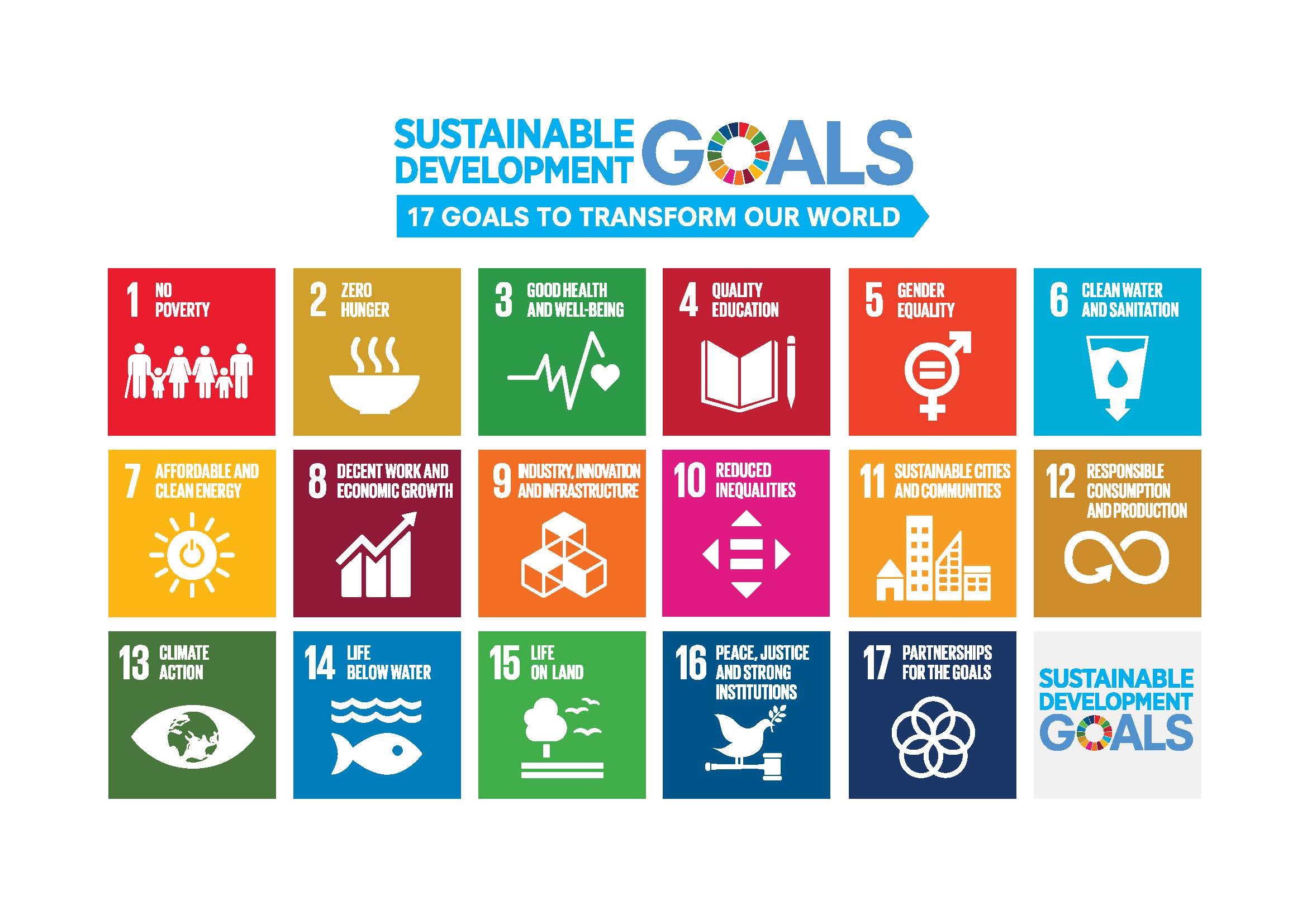Insights into the UN SDGs for young university students
Mutsuyoshi Nishimura
Former ambassador to the OECD
Former ambassador to the UN Climate Change Negotiations
I would like to draw your attention to Goal 6 of the Sustainable Development Goals (SDGs): “Ensure access to water and sanitation for all”. It is because most Japanese people remain unaware of what it is for. Most Japanese take water supply and clean sanitation for granted due partly because Japan is blessed with abundant water resources. Japanese penchant for cleanness has made the “wash-let” toilet a must in all households, and this in a matter of decades.
So we remain ignorant of why this historic UN document ranks the goal of water and sanitation quite high on the list. Just look at the dire reality:
- Three out of ten people lack access to safely managed drinking water services and 6 in 10 people lack access to safely managed sanitation facilities.
- At least 892 million people continue to practice open defecation.
- Women and girls are responsible for water collection in 80 per cent of households without access to water on premises.
Most Japanese people can never imagine how humiliating and shaming it is for a little girl to go hiding into the bushes when needed. We never think about her anxiety. It never occurs to us that this is an issue of human dignity. Yet, as the above facts tell us, almost 900 million people, young boys and girls in Africa and elsewhere don’t have closed toilets in their schools. This is the sad reality for all those boys and girls, all enthused with learning in their schools to which they walk miles every day.
Then in Goal 4 the SDGs refers to “Quality Education”. I am glad it also discusses gender equality and empowering women and girls in Goal 5.
I am glad because those coincide exactly with what enlightening voices I heard from an Indian advocate and visionary actions achieved by a professor in Bangladesh.
Several years ago, I had a chance to join a discussion in a group of experts and academics debating the possible global population explosion and resulting challenges for human welfare and earth sustainability. I was struck by the opinion of an Indian philanthropist. This elderly gentleman who devoted his whole professional life to public work related to poverty eradication and development was exposing his life-long conviction that educating young girls and women is the only solution to avert a global population crisis and a way forward to affordability.
Here is another great story that illustrates the value of education and gender related goals. I know a Bangladeshi university professor called Muhammad Yunus who started “Grameen Bank” in 1976, a microfinance and community development bank.
His lending policy is unique and legendary. They make small loans to impoverished villagers without requiring collateral, something bankers would never normally do. His microloans were almost all given to poor women in villages to help them start tiny businesses. Just as an illustration, his microcredit would allow a woman to buy an old sawing machine and start a business of repairing closes of fellow villager; a seminal capitalistic step in the value-adding process started, and poverty started to be dealt with slowly but surely. The fact that 30 years later in 2006, Muhammad Yunus was awarded the Nobel Peace Prize speaks volumes.
I just spelled out only some examples that show how SDGs are on the ball. SDGs are an excellent compilation of challenges for all of us to rise up to. And human endeavor abounds on a global scale, albeit with no small number of failures. But this should not discourage nations, local communities, civil societies, academic communities, and above all young people from rising to the challenge.
Most particularly young university students are today obligated to prove to the world and most particularly poorer part of the world that education works. In particular, that education works to reduce poverty. It works to reduce man-made stress to transfer a pristine planet to the generations to come. The UN SDGs are not just an additional reader. They are beacons of light for you to act.


